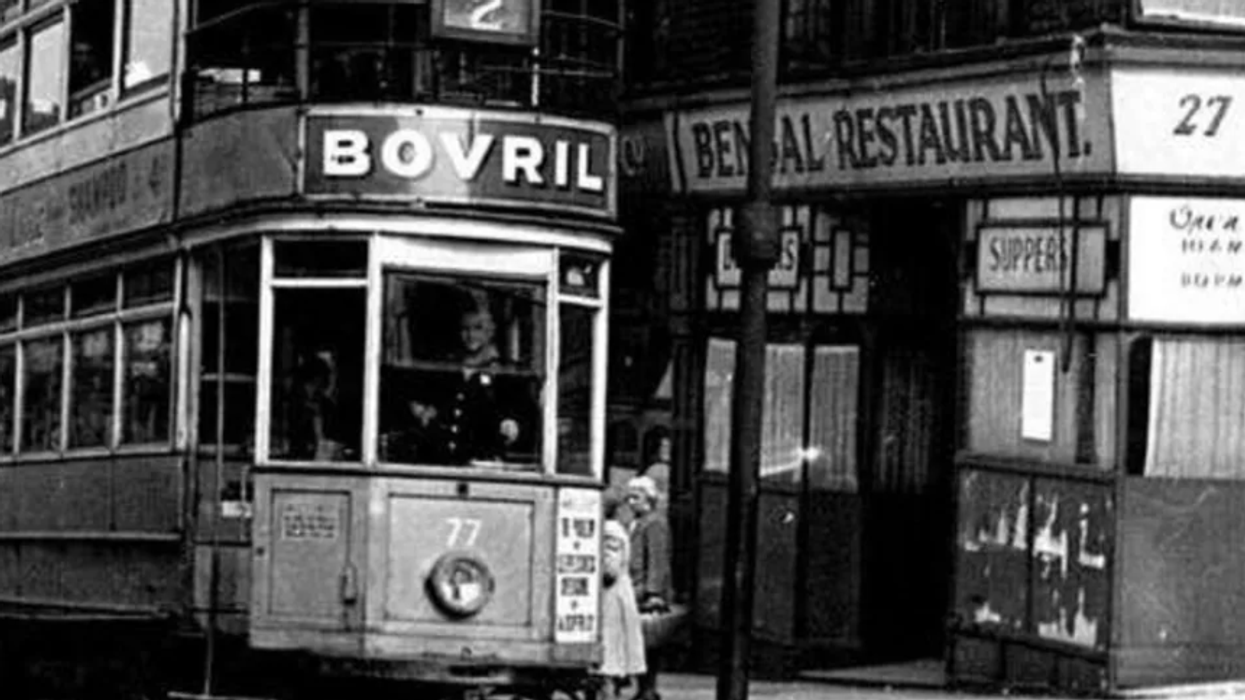Highlights:
- Research for the World Curry Festival uncovered evidence of a curry house in Bradford in 1942.
- Cafe Nasim, later called The Bengal Restaurant, is thought to be the city’s first.
- The discovery coincides with Bradford’s City of Culture celebrations.
- Festival events will include theatre, lectures, and a street food market.
Historic discovery in Bradford’s food heritage
Bradford’s claim as the curry capital of Britain has gained new historical depth. Organisers of the World Curry Festival have uncovered evidence that the city’s first curry house opened in 1942.
Documents revealed that Cafe Nasim, later renamed The Bengal Restaurant, once stood on the site of the current Kashmir Restaurant on Morley Street. Researcher David Pendleton identified an advert for the cafe in the Yorkshire Observer dated December 1942, describing it as “Bradford’s First Indian Restaurant”.
Festival organisers confirm findings
Festival founder Zulfi Karim said the discovery ended long-standing debate over which was Bradford’s first curry house. For years, different establishments had laid claim to the title, including restaurants from the 1950s and the Sweet Centre in 1964.
“This was during the Second World War, so it’s hard to imagine what ingredients they had access to with rationing,” Mr Karim said. “Even the current owner of Kashmir Restaurant thought it only went back to the 1950s.”
Bangladeshi roots of curry in Britain
Mr Karim highlighted the role of Bangladeshi immigrants in establishing Britain’s curry houses, noting that many early arrivals to the UK were former Navy workers. “That’s 80 years plus now since we’ve had a curry house in Bradford and that’s a huge story,” he added.
World Curry Festival 2025
The festival, first launched in Leeds in 2008, is being held in Bradford this year as part of the City of Culture 2025 celebrations. Running from 15–29 September, it will feature a mix of food, culture and performance.
Highlights include:
- Theatre of Curry: A staged reading of Balti Kings (1999) by Sudha Bhuchar and Shaheen Khan, with curry served during the interval.
- Supper club experiences.
- Talks by Dr Amir Khan on nutrition and preserving authentic recipes.
Preserving the future of curry
Mr Karim stressed the importance of supporting the industry, which faces challenges due to a shortage of new talent.
“We need to keep it local, keep it authentic, and encourage people to enjoy it but also learn to cook at home,” he said.





